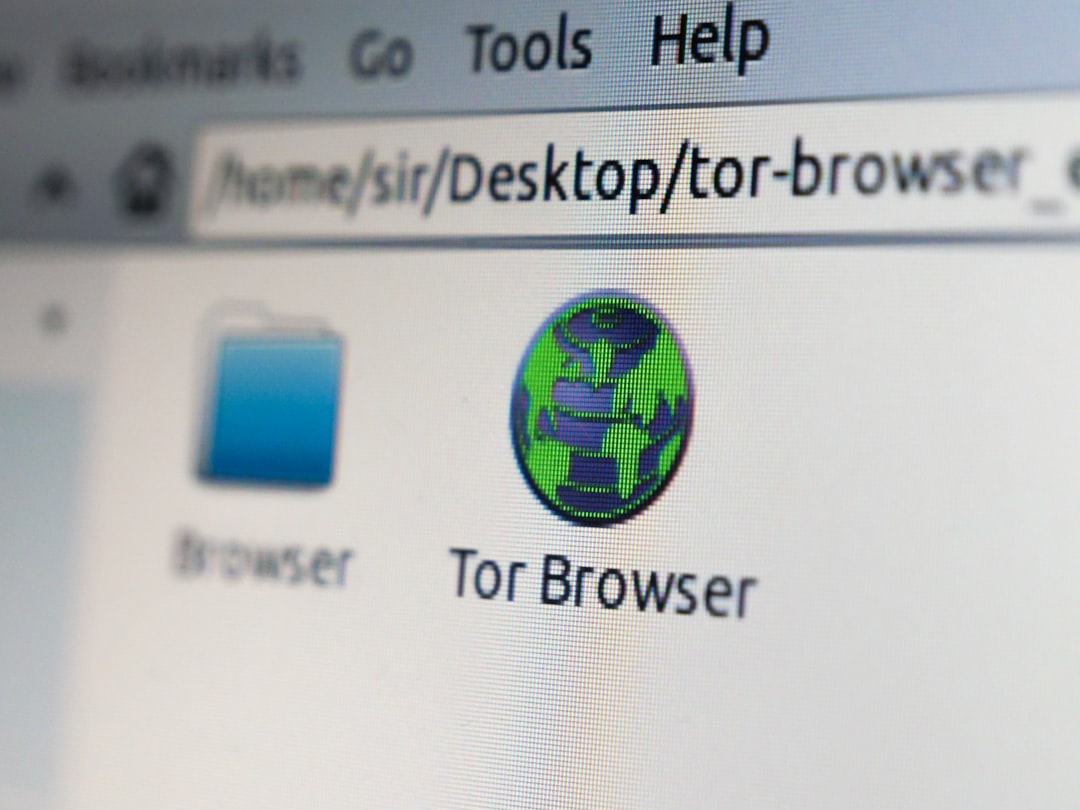In today’s digital landscape, maintaining privacy and security while browsing the internet has become increasingly important. Virtual Private Network (VPN) services have emerged as essential tools to encrypt user data, mask IP addresses, and bypass online restrictions. Among the different categories of VPNs, residential VPNs are praised for their higher anonymity levels because they route traffic through real residential IP addresses. This enhances not only privacy but also helps in accessing geo-restricted content without being flagged by content providers. But as the demand for residential VPNs grows, so does the cost—leaving many to wonder: Are there any reliable free residential VPN extensions available?
Understanding Residential VPNs
A residential VPN assigns users an IP address provided by an internet service provider (ISP) rather than a data center. This means that when you browse the web or access streaming platforms, your activity appears to be from a regular home user. This significantly reduces the chances of IP bans and captchas, especially useful for tasks such as:
- Accessing streaming content from different countries
- Managing multiple social media accounts
- Web scraping while avoiding detection
- Conducting sensitive online research
While commercial and data-center-based VPNs offer satisfactory performance, they are more easily identified and blacklisted. That’s why power users and even casual browsers often seek residential VPNs for improved legitimacy and reliability online.

Challenges with Free Residential VPN Extensions
Finding a free and reliable residential VPN extension is challenging. This is because maintaining a residential VPN network is far more expensive than running data-center IP services. The residential IPs typically come from end-users who have agreed—sometimes unknowingly—to share their internet bandwidth. Moreover, legitimate residential VPN providers must ensure:
- Proper user consent for bandwidth sharing
- Adherence to privacy and data protection laws
- Consistent connection speeds and stability
Free services, by nature, are limited in resources and are often unable to offer the same level of transparency and performance that paid options provide. Many so-called “free” residential VPN extensions either misuse user data, inject ads, or have hidden fees behind premium upgrades.
Notable Options in the Market
Although rare, a few browser extensions try to offer free residential VPN services or similar functionalities. It’s important to review them carefully:
- Hola VPN: One of the most well-known free VPNs offering residential IPs. However, it operates as a peer-to-peer (P2P) service by routing traffic through its users’ devices. While this gives you access to residential IPs, it also means your bandwidth could be used by others, which raises significant security concerns.
- Urban VPN: Also promotes free residential-style VPN services through a P2P mechanism. Again, it’s crucial to understand that using these types of services may expose your IP address and bandwidth for others’ use.
- Windscribe: Although not fully residential, Windscribe offers a generous free plan with good privacy protections. Its browser extension includes robust features but comes from a commercial IP pool. It’s not strictly a residential VPN, but it is among the more trustworthy free options.
In almost all cases, a completely free VPN that gives access to genuine residential IP addresses, without limitations or risks, is virtually non-existent. Reliable residential VPNs that respect user privacy are complex and costly, making a “free lunch” highly unlikely in this sector.

Balancing Cost and Privacy
While everyone loves free tools, it’s important to consider the actual cost of using free VPN services. Negative consequences may include:
- Compromised data security
- Logged browsing activity sold to third-parties
- Reduced connection speeds
- Exposure to P2P-based security risks
If budget is an issue, some reputable VPN providers offer affordable paid plans with trial periods or money-back guarantees. These often include residential IP options, high-speed connections, and superior customer support.
Conclusion
To conclude, while a few browser extensions claim to offer free residential VPN services, genuinely reliable and safe options are extremely limited. Services like Hola and Urban VPN may provide residential IPs, but the trade-offs in terms of transparency and data usage can be steep. Instead of compromising your privacy, consider reputable paid options or choose trustworthy free VPN providers with well-documented policies—even if they don’t offer true residential routing. In cybersecurity, free can sometimes come at the highest cost.






